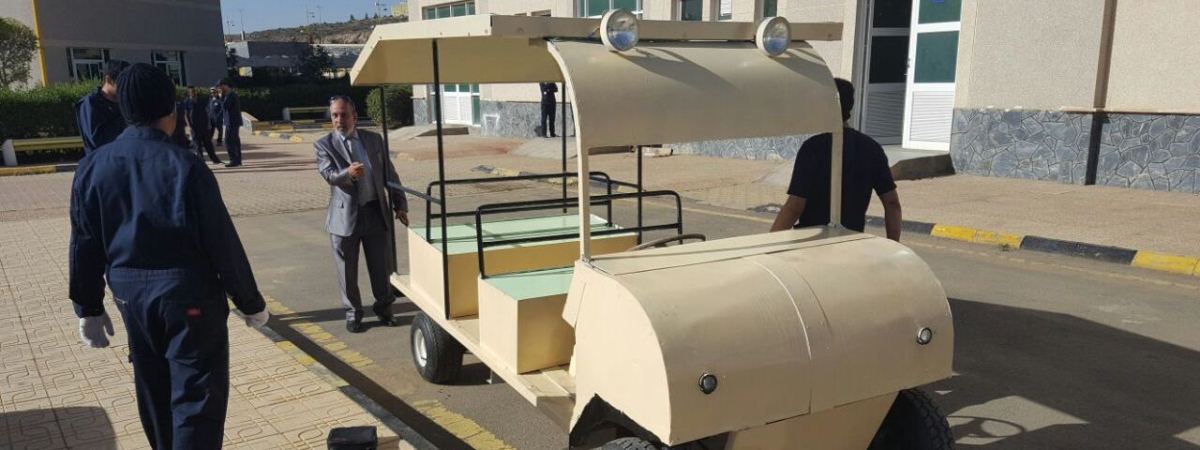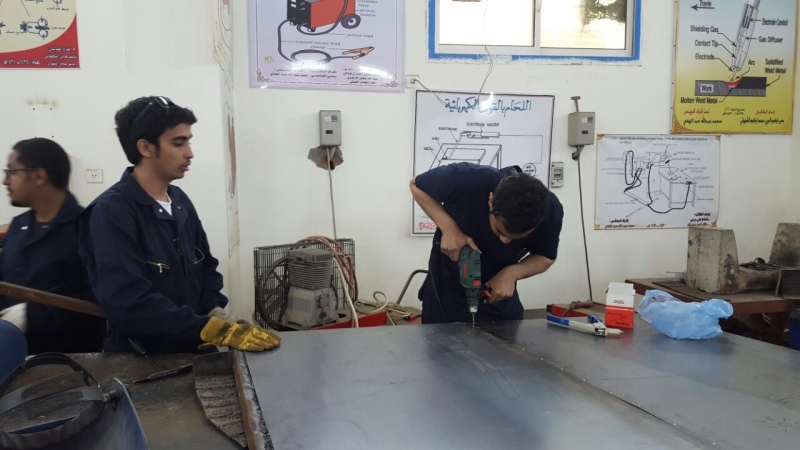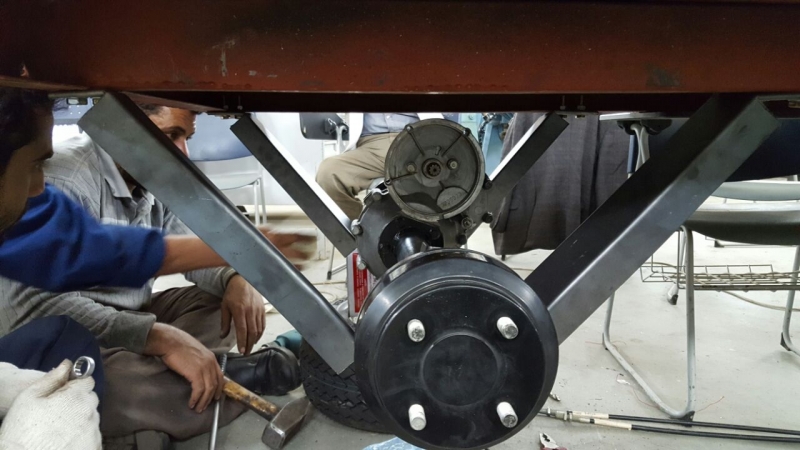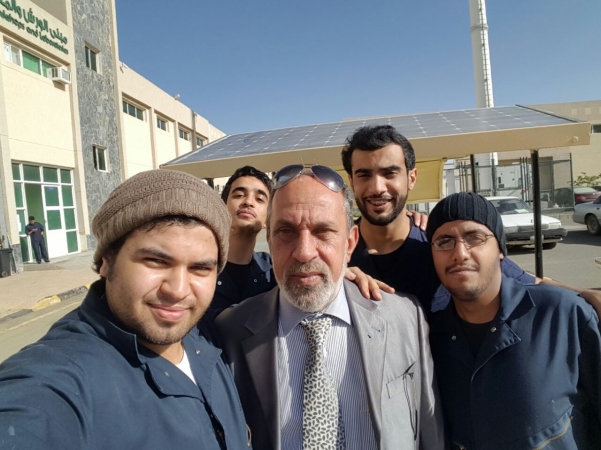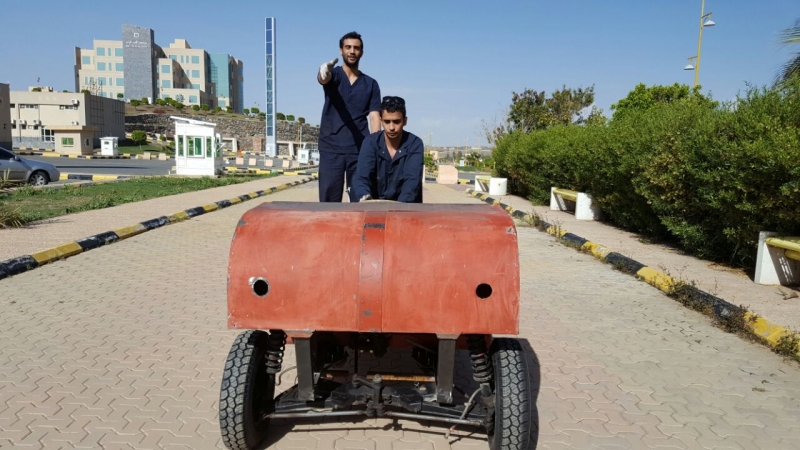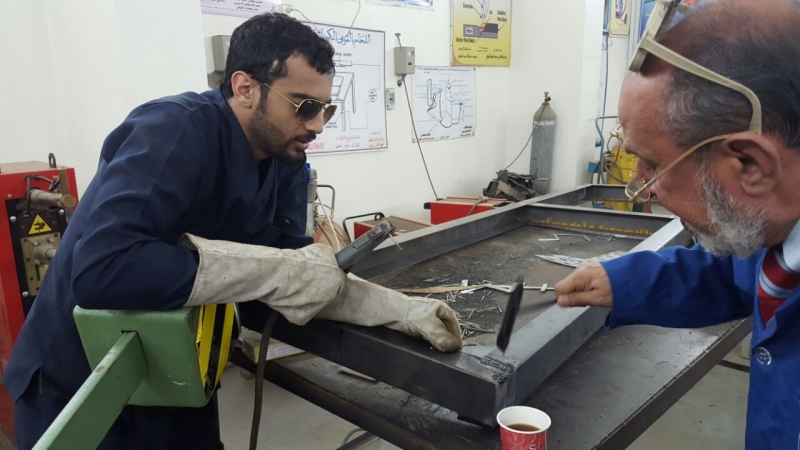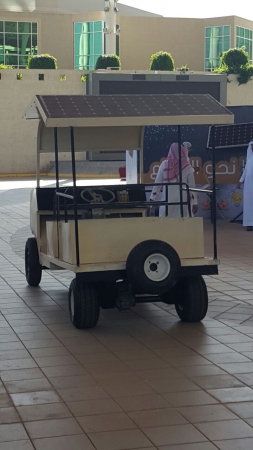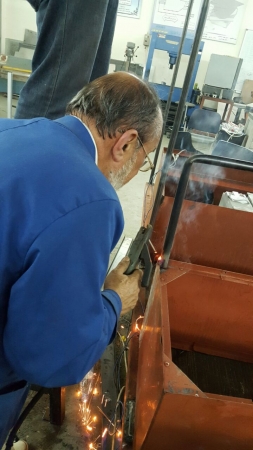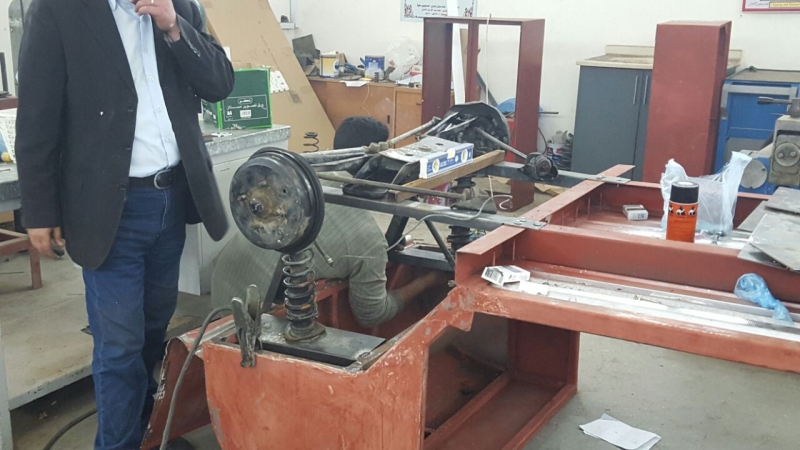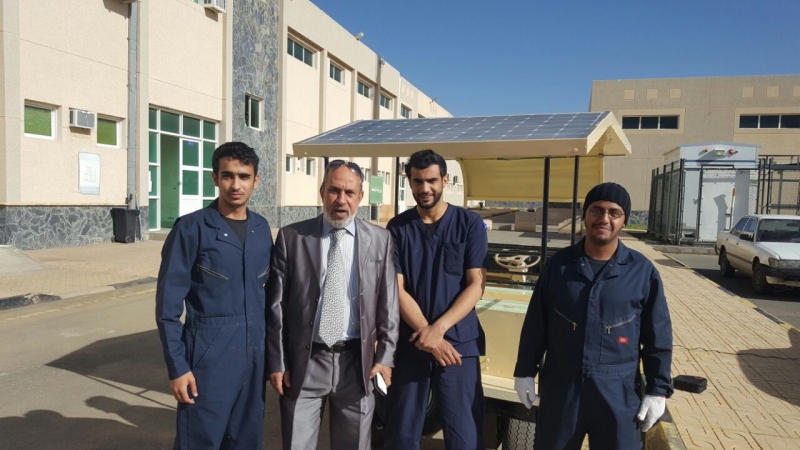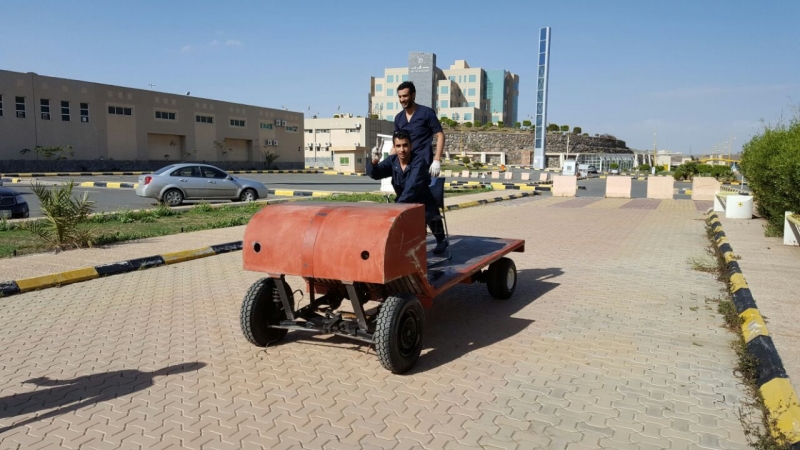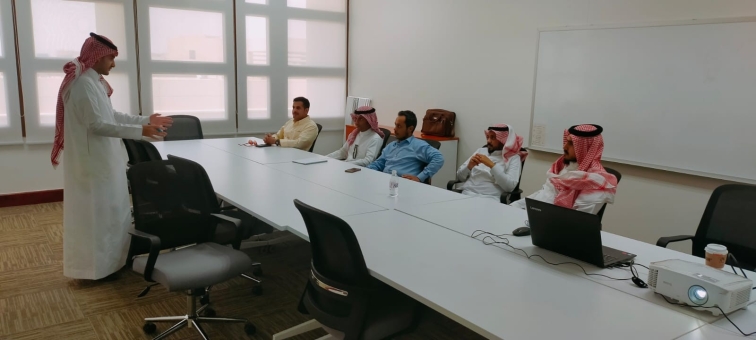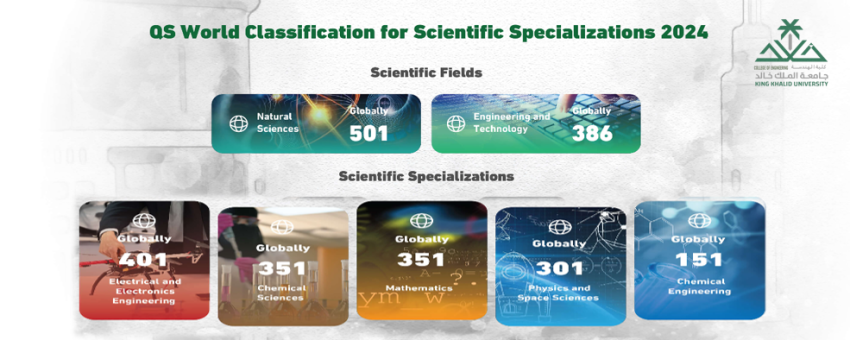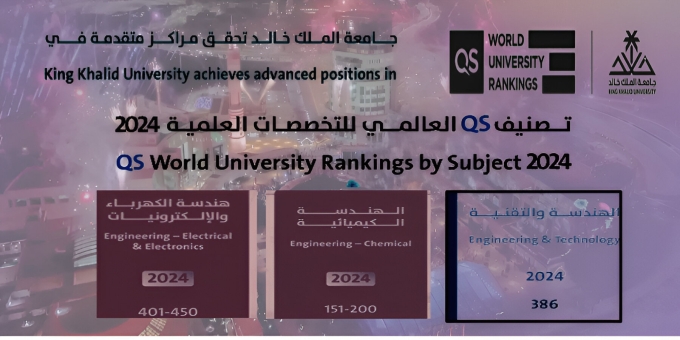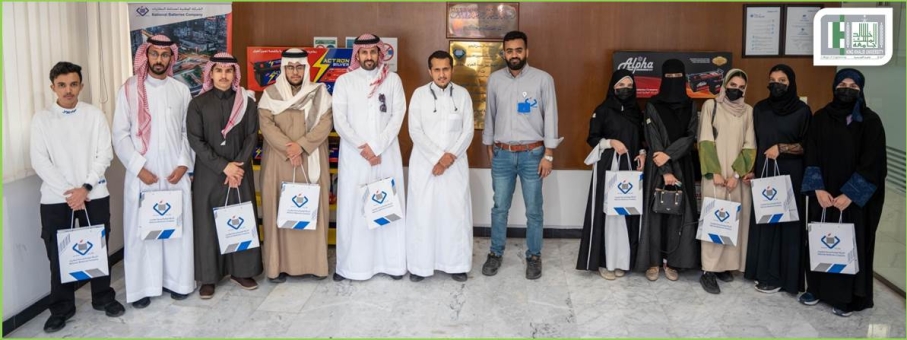A group of students of the Faculty of Engineering at King Khalid University (KKU) has managed to design and manufacture a solar-powered vehicle. The project was launched in the exhibition projects within the activities of the Engineer's Day, which has been hosted by the college.
The vehicle was designed to take into account the aero mechanic standards through an optimal design of the internal dimensions of the vehicle using CATIA V5 program. In addition, the vehicle is powered by an electric motor measuring 3.7 horse which is fed with electricity stored in three storage batteries powered by three solar panels on the vehicle roof. The structural construction of the vehicle was designed in the workshops of the Faculty of Engineering of the university, and was manufactured from a metal sheet to withstand 1000 kg.
The vehicle can move at a speed of 20 kilometers per hour and could be in motion for an hour and a quarter without stopping, depending on the electrical energy stored in the batteries. It can also be charged while moving and this increases its usage during the day. The estimated time for charging of batteries via solar panels is about two hours, and the vehicle has accommodation for 6 people.
Designing and manufacturing the vehicle took 8 months, and the project is considered a leap in empowering students to become acquainted with the smallest vehicles industry details, and it gives them the opportunity for teamwork, which aims at reaching at an integrated product, where there are definite and planned goals.
Regarding this important development, the Dean of the Faculty of Engineering, Dr. Ibrahim ibn Idris Alfilqa, has emphasized that being able to know the technical details of the mechanism of action of vehicles in addition to the solar power technology was a step towards reaching creative solutions in the future. He said, "the project life cycle has not finished yet as the supervisors of the project will begin, in the next academic year, with other students in a new cycle that will last for a year, and which will aim at further testing and accessing, within three years, to reach the models of the highest quality. Then, the project could go beyond the university walls, as the university's mission is to find solutions through research and through the production of prototypes." Dr. Alfilqa added, "The opportunity for excellence in student projects in which more than one specialty is involved, is greater than those limited to one specialty. The project is a joint project between the sections of industrial engineering and mechanical engineering as well as electrical engineering department which contributed to providing advice in some technical matters"
The project aims to integrate the student of industrial engineering in the industrial sector through the design and the manufacture of a model that can, after several sessions of continuous development, be transmitted to the domestic market. Moreover, the project aims to develop students' skills in teamwork and crisis management, as well as to develop their skills in the use of specialized engineering design programs such as the Microsoft Project, the CATIA V5, and the Minitab. Other aims of the project include enabling the students to know about the global and local specifications of designing cars.
The project supervision team is expected to launch the second generation of the vehicle at the beginning of the next academic year 1437 / 1438 AH, in order to get a perfect product. Investment in the project of the solar car is considered one of the promising projects, due to the availability of solar energy in the Kingdom throughout the year, as well as in the region of the Persian Gulf.
In their turn, a number of students who are engaged in the project have expressed that the experience they acquired from the project allowed them to learn a lot of technical, engineering, and administrative skills, and enabled them to do many experiments, and to deal with the problems they faced from time to time.
It is noteworthy that a team of students of the Department of Industrial Engineering has participated in the designing and in the manufacturing of the vehicle. They include Faisal Alfaifi, Ibrahim Al-Asiri, Ahmed Al-Omari, and Ali Hazazi. They were under the supervision of the Head of the Industrial Engineering Department, Dr. Mohamed Ali Abdel-Fattah, and Dr. Ashraf Lachin, from the Department of Mechanical Engineering.



